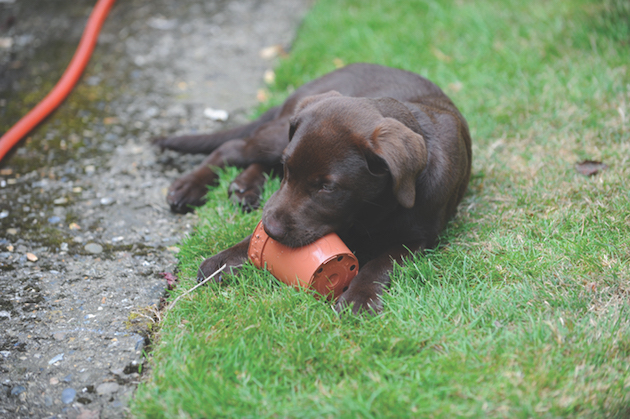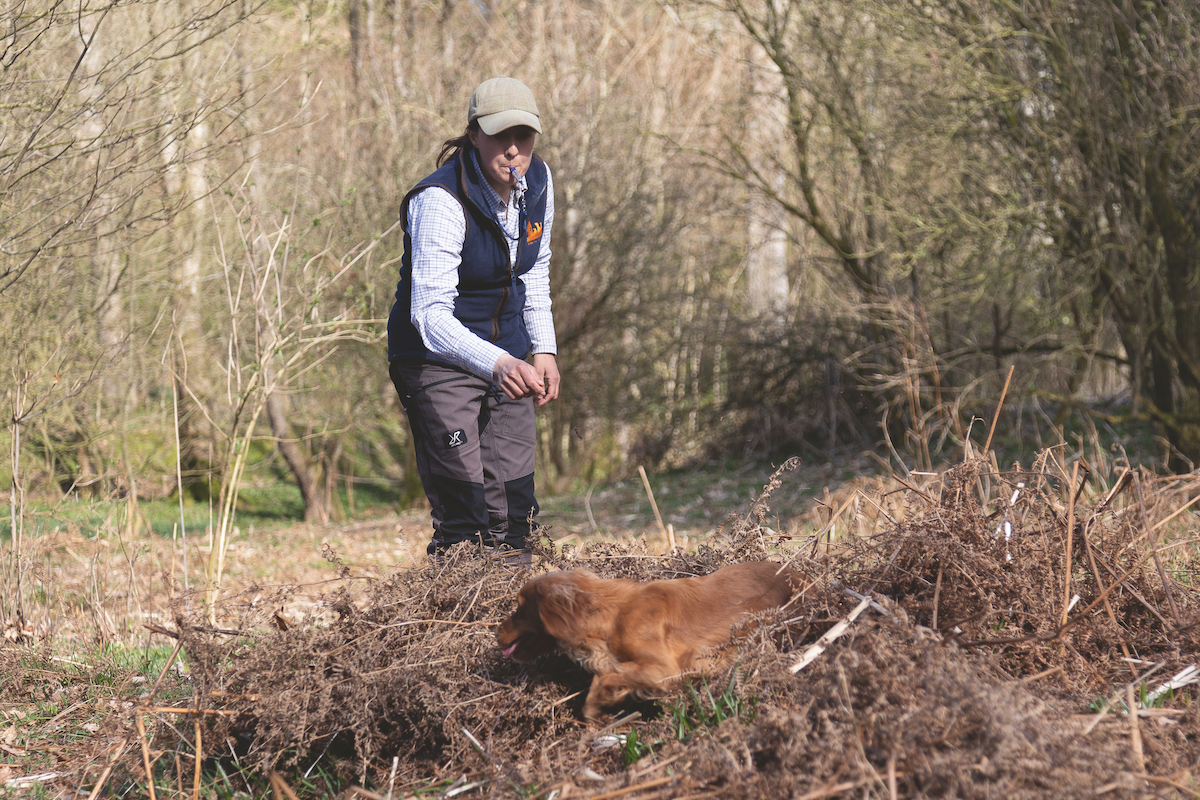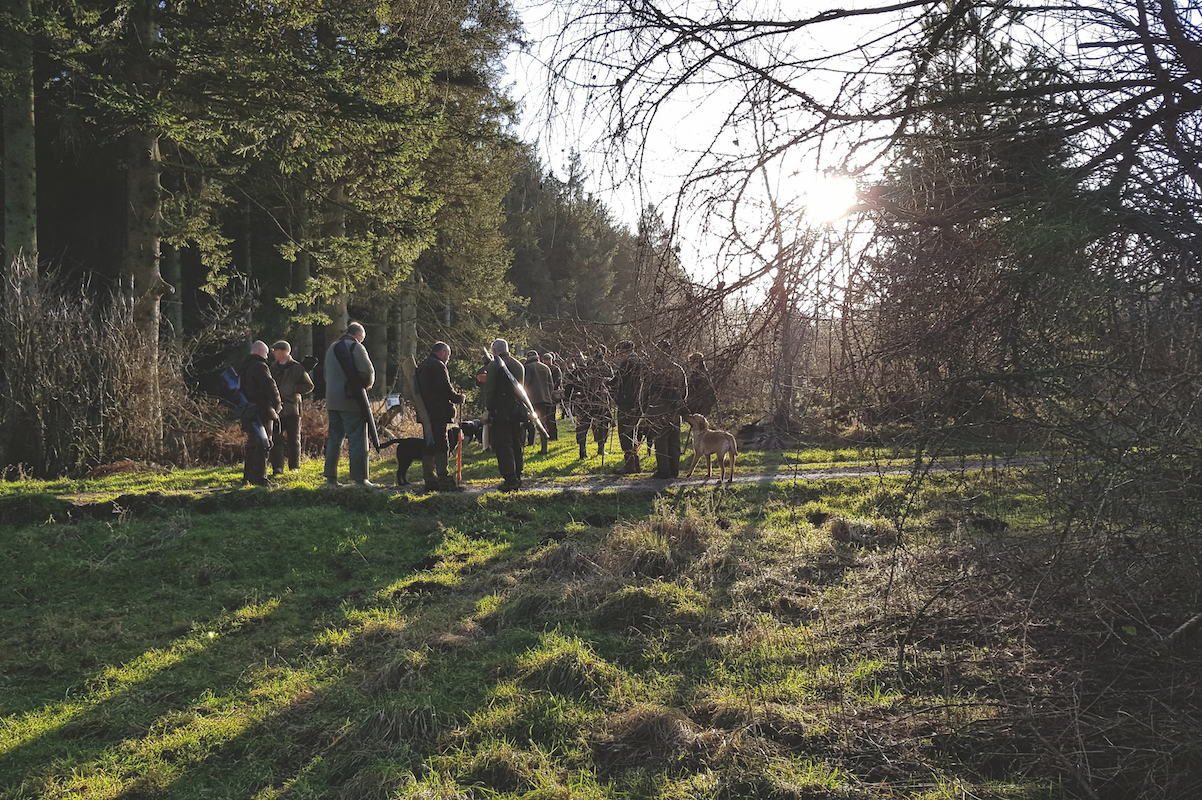How to stop a dog chewing the wrong things
Ellena Swift addresses destructive behaviour

Q: I am having a problem with my 14-month-old spaniel. He seems to love to retrieve, but chews hard on everything. He has chews in the house, but I had to take toys off him because he was destroying them too quickly. I always wanted to work him, but now think that might not be an option.
In all other ways he is a fantastic dog. Do you have any advice on how I can stop a dog chewing and being destructive? Will he grow out of it? (If your puppy has eaten something potentially dangerous, read our advice on how to make a dog vomit.)
Tips to stop a dog chewing
A: Chewing is something that is totally individual to the dog. In a similar way to babies, some cruise through the teething stage with no problems, but others suffer badly.
Some dogs chew incessantly from day one and can continue chewing well into their second year, but others never do it. I have had both types and everything in between.

Crate training a puppy will help to avoid destructive chewing
Avoiding destruction
The safest and most appropriate approach to stop a dog chewing is to crate-train the dog to keep him safe from wires and spare your shoes. When he is out of the crate, ensure you can keep an eye on him and leave him with options of toys to chew.
Whatever you train him with, make sure he distinguishes between that and toys. For example, dummies are for training only. If he has balls to play with, for now, do not use them in training. It needs to be a clear distinction for him. If he is playing with the retrieve on the return, ensure recall and delivery are taught separately so he understands to come back and present his retrieve. It sounds as if he doesn’t yet fully understand. I wouldn’t be concerned about him being hard-mouthed as he is still very young. Do not introduce game or rabbit skin until he is consistent on canvas.








